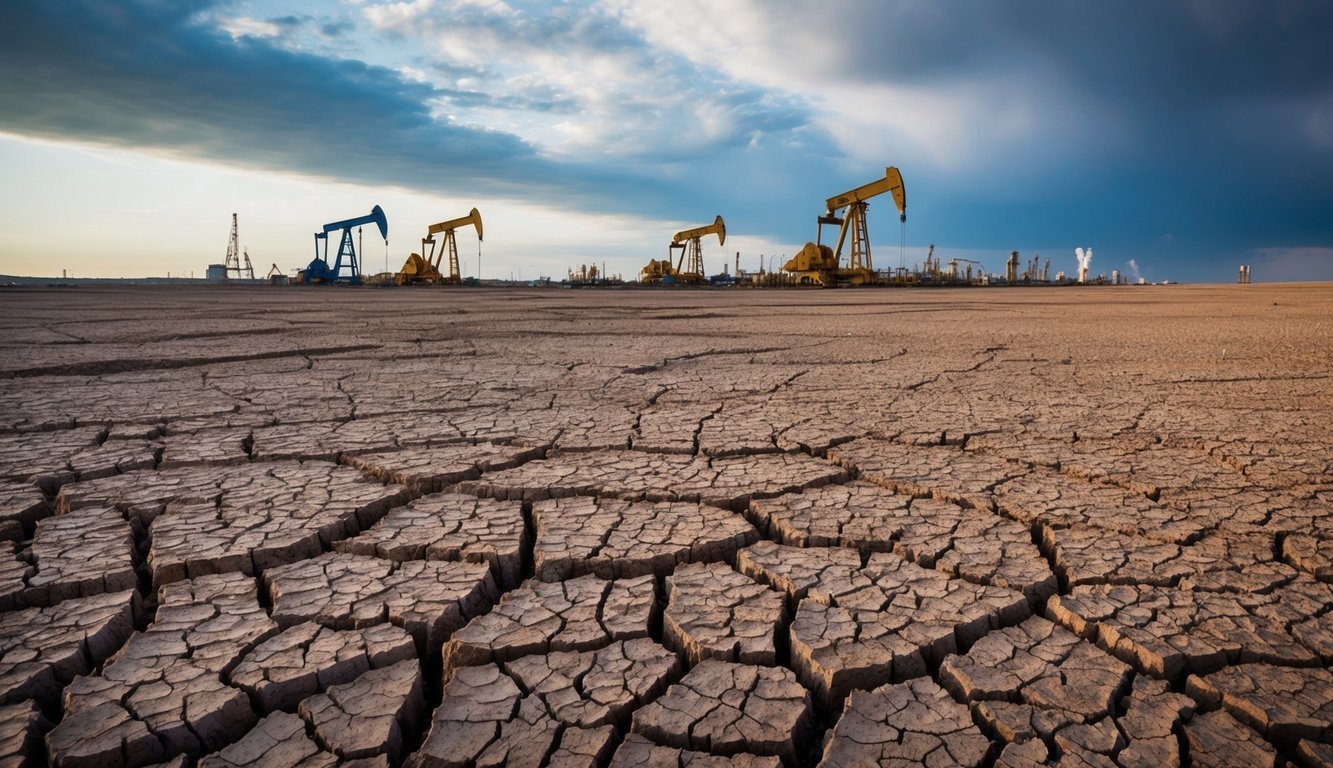
COP29 Fails to Prioritize Organic Production in Climate Dialogue
The 29th United Nations Climate Change Conference, commonly referred to as COP29, convened from November 11 to 22, 2024, in Baku, Azerbaijan. This iteration of the conference gathered global leaders, officials from numerous countries, United Nations specialists, representatives from non-governmental organizations, as well as major corporations, financial institutions, and various lobby groups. The event offered a critical platform for discussion at a time when the effects of climate change are becoming increasingly apparent worldwide, manifesting locally through extreme weather events such as floods, droughts, and elevated temperatures.
Economic Context of COP29
Azerbaijan, situated in the Caucasus, relies heavily on the hydrocarbon sector, with nearly half of its gross domestic product derived from oil and gas extraction, which constitutes 90% of its exports. The nation’s strategic economic blueprint for the coming decade emphasizes expanding hydrocarbon production as a primary driver for growth. President Ilham Aliyev, in his opening remarks, framed oil as a divine blessing, reflecting the nation’s ongoing commitment to fossil fuels. Against this backdrop, the conference aimed to establish budgets known as the New Collective Quantified Goal (NCQG) to assist developing nations in formulating plans to reduce emissions.
Despite high expectations, COP29’s handling of organic production was met with disappointment. The discussions largely concentrated on funding emission reduction initiatives, sidelining the significance of organic farming, energy transitions, and sustainable consumption—areas that are vital for fostering environmentally friendly practices and mitigating climate change.
The critical role of organic agriculture in lowering greenhouse gas emissions, curbing food waste, safeguarding water resources, and promoting ecosystem health was notably absent from the agenda. Its potential contribution to rural development and its alignment with sustainable practices were also neglected.
Lack of Political Leadership
However, there was noteworthy input from the president of the Food and Agriculture Organization (FAO), who emphasized the necessity of transforming agri-food systems to tackle emissions and to foster equitable societies.
Another significant shortcoming of COP29 was the conspicuous absence of international leaders, including prominent figures such as the President of the United States, the President of the European Commission, and the leaders of China, India, Russia, and Brazil. Their delegation of representatives pointed to a diminished emphasis on the conference among major world powers, particularly in light of ongoing climate-induced disasters.
The event saw significant participation from major corporations, particularly those in the hydrocarbons sector, fast fashion, and large food enterprises, who sought to advocate for their interests.
In terms of outcomes, the approval of the NCQG was a highlight, yet most experts deem it inadequate, failing to address the urgent needs of nations grappling with the climate crisis while overlooking the financial commitments needed to avert escalating disasters caused by emissions.
Future Directions for Climate Action
Transparency in emissions reporting was another pressing topic at COP29, but only 13 countries, including Spain, submitted transparency reports. There remains a considerable need for increased participation and the establishment of clear criteria to ensure the accuracy of these reports.
Discussions at the summit also revealed a lack of serious commitment to phasing out fossil fuels, especially from Azerbaijan and other attendees, which diminished the focus on energy transition—a key theme from the previous COP28.
Despite the overall disappointment surrounding the conference, there were some hopeful outcomes. The framework for climate finance garnered approval, recognizing the need for collaborative efforts to mitigate climate impacts and asserting that developed countries should contribute equitably based on their economic capabilities.
In conclusion, COP29 has left a mixed impression, marked by limited ambition in negotiations, insufficient financial resolutions, a lack of commitment to an energy transition, and the noticeable absence of political leadership from global powers. It also failed to acknowledge organic production as a pivotal element in addressing climate change and for steering societies toward a more sustainable future.
Given the urgent realities of climate change that we confront daily, it is essential to maintain vigilance in future negotiations. The upcoming COP30, scheduled to take place in Brazil next year, is expected to set benchmarks and outcomes for the climate financing discussions that occurred during this year’s conference.

